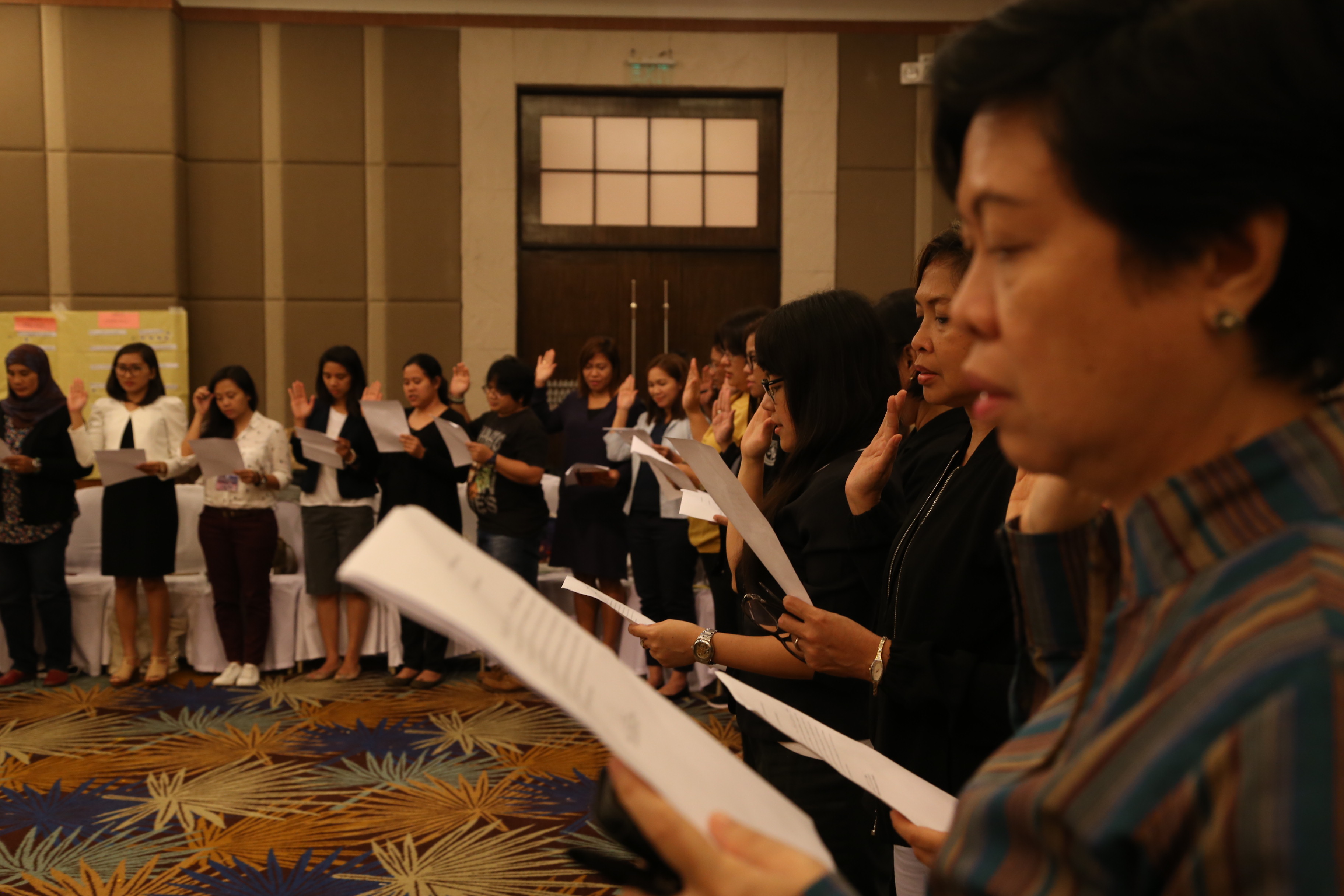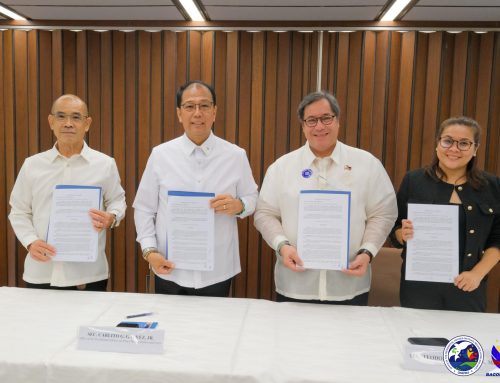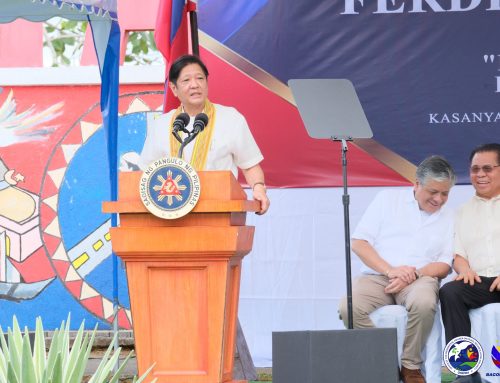The Office of the Presidential Adviser on the Peace Process (OPAPP) spearheaded the training of trainers that will implement the National Action Plan on Women, Peace and Security (NAPWPS) 2017-2022 held on 31 July-03 August 2017 in Tagaytay City.
The third-generation NAPWPS framework is envisioned as the state’s cornerstone in promoting women’s rights, needs and roles in peacebuilding, peacekeeping, and peace negotiations. The recently held strategic planning and workshop had produced 64 capacity builders stemmed from various government agencies.
Moreover, its first batch of trainers were tapped as the official representatives of the NAPWPS steering committee and technical working group in cascading the policies and guidelines of the program from national government agencies down to local government units.
“We trust that with the organization of the WPS Speaker’s Bureau, coordination between and among agencies is strengthened especially on matters of women empowerment and protection,” expressed OPAPP Undersecretary Diosita Andot.
The new framework had integrated the Convention on the Elimination of all forms of Discrimination against Women (CEDAW), CEDAW General Recommendation 30, and 2015 Global Study on the Implementation of UNSCR 1325, which further highlighted the participation and leadership of women in the peace process as well as its strengthened mechanisms in protecting women during and after conflict.
“’Pag alam mo na ‘yong lens ng Gender and Development espousing with Women, Peace and Security, mas culturally sensitive ka na at the same time, magzu-zoom in ka na ang babae, mas high-risk talaga in times of conflict,” shared Norilyn Quesada-Rivera of the Department of Social Welfare and Development (DSWD) regarding her insights from the four-day workshop.
Among the agencies that comprised NAPWPS’ trainers are OPAPP, DSWD, Philippine Commission on Women, Department of Foreign Affairs, Department of Interior Local Government, Department of Defense, Department of Justice, National Commission on Indigenous People, and National Commission for Muslim Filipinos. ###











